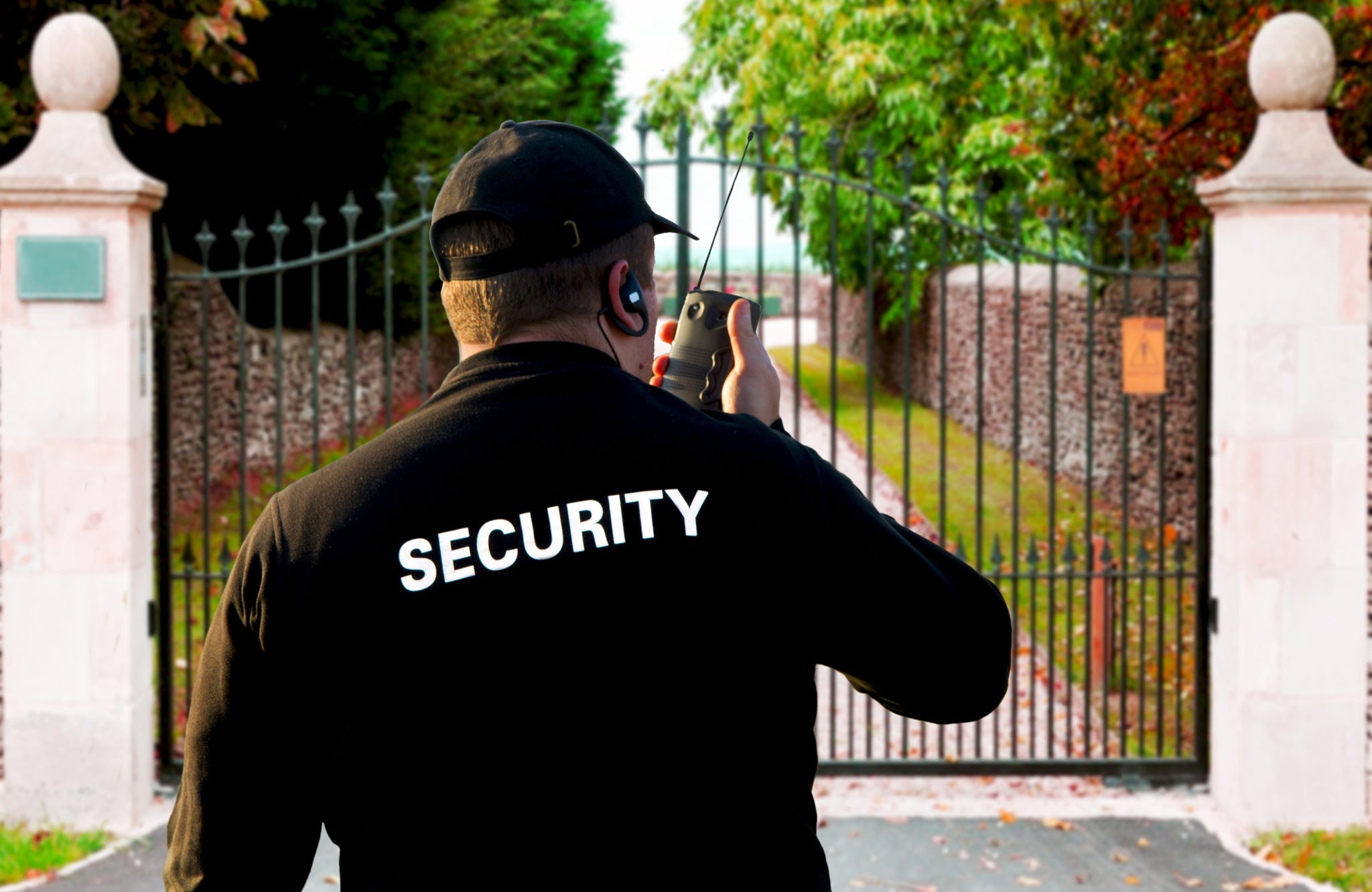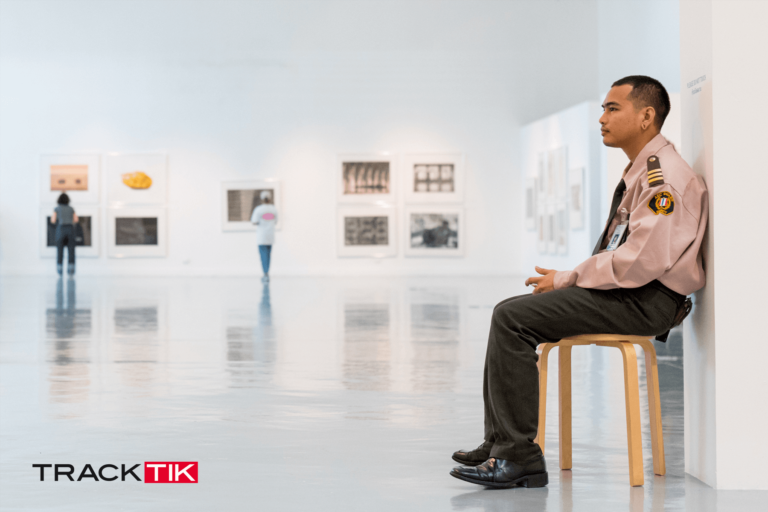“We’re stretched thin.” That statement exemplifies the situation across many police departments across the US, which are struggling with critical staffing shortages. According to a recent CNN report, “Departments in places like Kansas City, Atlanta, Portland, Dallas, and Seattle are facing staffing shortages numbering in the hundreds.”
How bad is the police officer shortage?
According to the CNN report:
- Kansas City Police Department: down about 100 crucial non-law enforcement positions, including 911 dispatchers, mechanics and analysts, and down more than 200 officers
- Atlanta Police Department: down about 250 officers
- Dallas Police Department: down about 550 officers
- Portland Police Department: down about 100 officers
- Seattle Police Department: down about 135 detectives
Why is there a shortage of police officers?
The reasons for police officer shortages are many, but most attributable to “multiple social, political, and economic forces,” including generational differences, negative perceptions of policing and the long hiring process of many agencies, according to a survey by the International Association of Chiefs of Police.
On average, officers train for eight months before they can patrol the streets alone, according to the Bureau of Justice Statistics, which means it can take years to fill open jobs. Additional factors include low pay, burnout, and additional health regulations associated with COVID-19.
The effect police workforce shortages can have on local communities includes longer response times for calls, fewer crimes solved, and higher crime rates. Unfortunately, these nationwide staffing shortages are affecting not only law enforcement, but private security.
The Impact of Security Guard Shortages
Staffing shortages within police departments have trickled into the private security industry. While the demand for private security remains, more and more businesses are seeing security guard shortages.
A recent incident at the at the National Museum of African American History and Culture underlines this increased security threat posed by workforce shortages.
In January, “an unidentified man walked in through an exit-only door, bypassing metal detectors and screening procedures.” According to a report on the incident: “the breach happened because the museum is so short-staffed that no guard was posted at the door.” “He was in the building for more than five minutes. He could have been armed, had explosives. He definitely wasn’t supposed to come in,” said Tanesha Sollers, who works as an armed security guard for the museum. “There was no officer there, nobody to stop him.”
When police departments and private security and guarding teams experience staffing shortages, it raises the threat landscape. Just like in the museum example, security vulnerabilities are more likely to slip past undetected.
Compromised Access Control
If there is a shortage of security guards, access control could be compromised with fewer staff checking access control credentials and preventing “piggybacking.” Video surveillance feeds may not have as many sets of eyes on them. And response to critical situations and assisting in the event of an emergency can be compromised.
What can security companies do?
Security teams can take the initiative to ramp up recruiting and guard retention. With a well staffed team private security companies will be ready to support local law enforcement and meet the contract security demands. Steps private security firms can take include:
- Training, mentorship and professional development for new and established security guards
- Attract new talent by offering competitive pay and benefits
- Recruiting potential new officers from other industries, such as veterans
- Marketing security guard positions and highlighting what makes them attractive — particularly, work-hour flexibility and opportunities for career advancement
- Ensuring that they are integrated to the enterprise and facility’s security team so they feel empowered
- Employing advanced guard tour technology to improve security guard effectiveness and improve guard efficiency
The truth is that there are no quick fixes to the current private physical security and police workforce crisis. The impact on both private and government security is concerning. But through implementing creative solutions and rethinking how to adapt and support local and state police, private security can serve as a key factor in supporting law enforcement in the protection of our communities.



